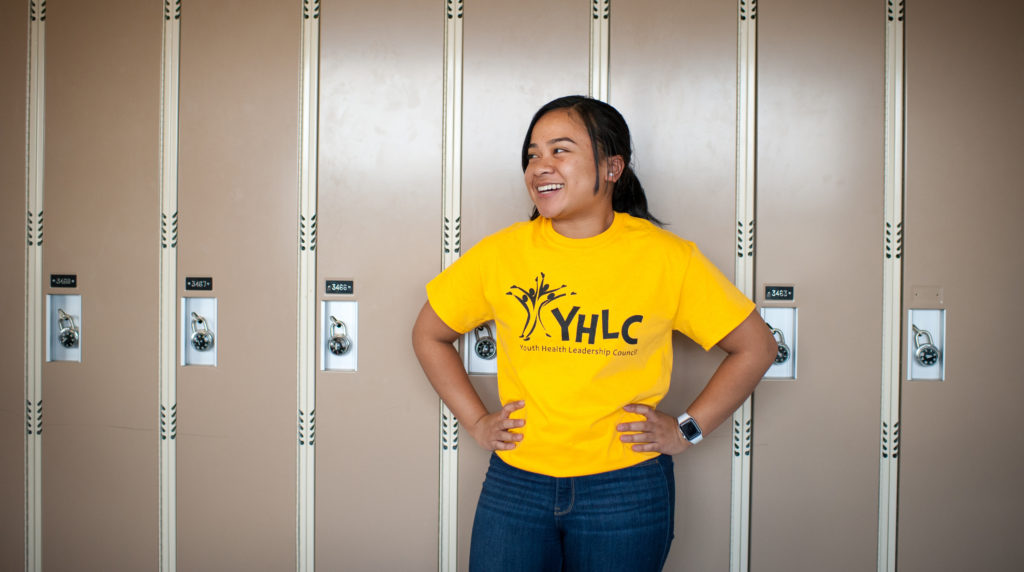Data from the American Cancer Society show a deeply disturbing racial reality in cancer care. Though their prognosis is less dire than decades ago, Black Americans are still far more likely to die from most cancers than any other racial or ethnic group. They are also less likely to enroll in a clinical trial — often the best chance for stopping the disease’s progression.

Much improvement has been made in treating cancer overall, but as these statistics and other studies suggest, medically underserved populations — often Black and Latino patients, patients with lower incomes, elderly patients, and those with severe mental illness — are not benefitting from these advances.
At the Mass General Cancer Center, an impassioned team of clinicians, researchers and other staff is working to resolve this inequity by reaching out to medically underserved cancer patients in Boston’s most disadvantaged neighborhoods.
Their mission reflects Mass General’s commitment to reduce these patients’ higher death rates. For now, their goals are suggesting best treatment options and enrolling eligible patients in clinical trials.
“Communities of color don’t necessarily have access to clinical trials. They are therefore being deprived of some of the best treatment options available,” says Beverly Moy, MD, MPH, director of cancer equity and clinical director of breast oncology at the Cancer Center, who is leading the effort. “Clinical trials offer so much hope. To not be able to offer that hope is a huge social justice issue,” she says.
The daughter of Chinese immigrants, Dr. Moy speaks from first-hand experience; her father battled multiple insurance issues and a difficult healthcare system to treat his prostate cancer.
The Roots of Inequity in Cancer Care

As COVID-19 disproportionately ravages communities of color and the Black Lives Matter movement spotlights racial injustice, the profound impact of systemic racism has come into sharper focus and lent new urgency to the team’s mission.
Institutionalized racism in the health care system continues to erode trust and cancer care. “The federal government’s infamous Tuskegee study that deceived and left Black men with venereal disease untreated for decades still reverberates along with other inequitable care experiences,” says Brenda Lormil, FNP-C, an oncology nurse practitioner on the team, who helps educate, enroll and care for underserved patients on clinical trials. “Due to past trauma related to inequitable care, clinical trials fuel a sense of uneasiness within the Black and brown community — with reasonable cause,” says Ms. Lormil, also the daughter of Haitian immigrants and founder of Haitian American Medical Association, a nonprofit providing culturally sensitive health education to Haitian-American communities.
Reaching Out to Communities in Need
To improve access to clinical trials, the Mass General team has recently partnered with Boston Medical Center (BMC), Boston’s safety net hospital for many patients from underserved populations.
Using a new virtual hub, funded by the Trefler Foundation and launched in March, specialists in oncology, psychiatric oncology, social work and patient navigation from the Cancer Center meet regularly with their BMC colleagues. Via telehealth, participants collaborate on BMC patients with complex breast cancers. They also work on removing barriers to patient care.
“Communities of color don’t necessarily have access to clinical trials. They are therefore being deprived of some of the best treatment options available.”
“BMC has referred us patients for clinical trials that they can’t open at their own institution,” says Dr. Moy. And when the COVID-19 surge resulted in delayed cancer surgeries, Mass General’s clinicians shared new treatment algorithms for cancer patients with their BMC partners. Since then, hub participation has grown steadily.
In September, BMC, Mass General and Dana-Farber formalized a clinical trial collaboration. The agreement allows BMC physicians to open certain Mass General and Dana-Farber-led investigator-initiated clinical trials at BMC. Patients can also receive their clinical trial care at their preferred institution.
Overcoming Barriers
Clinical trials are a heavy commitment for all patients. Scans, blood work, safety assessments, and visits with doctors and nurses are often frequent and time-consuming.
For some patients, barriers loom. The team tackles scheduling, financial and insurance issues that hinder participation — a Mass General practice for the past two years. Parking and lodging costs are huge obstacles, says Dr. Moy. Now, the team’s patient navigator helps overcome them. To Dr. Moy, it’s just. “Why should patients be penalized financially for providing benefits that will benefit future generations of patients?”
Moving Forward
Building on its efforts, the team hopes to create a permanent Center for Cancer Care Equity at the Cancer Center that will improve access to quality cancer care and clinical trials for patients who are medically underserved. Despite challenges, Dr. Moy is resolute and hopeful. “We are grateful for the support of donors, but we need them now more than ever.”
To learn more, watch Dr. Moy and Brenda Lormil discuss the Mass General Cancer Center’s efforts to ensure equity of cancer care.
For more information on the Cancer Care Equity Program, please contact us.


